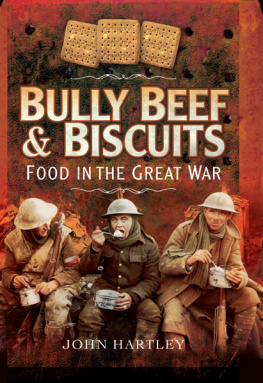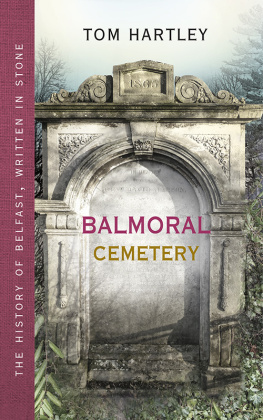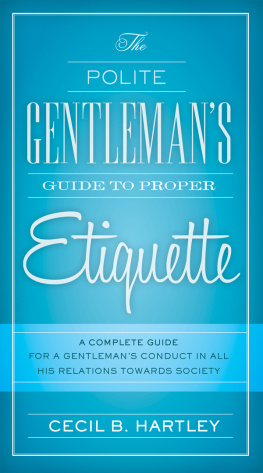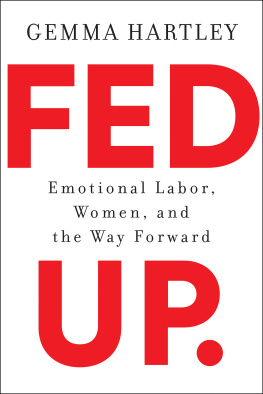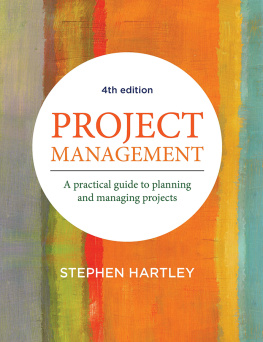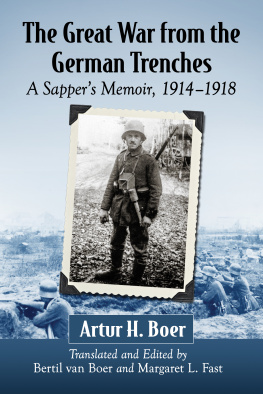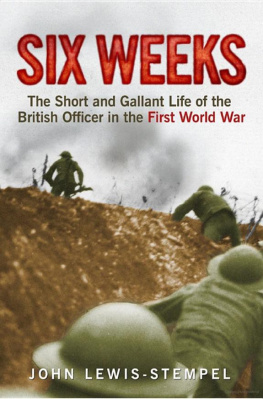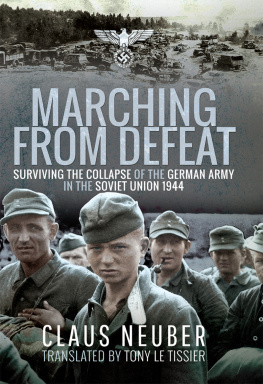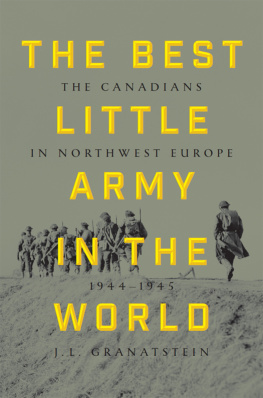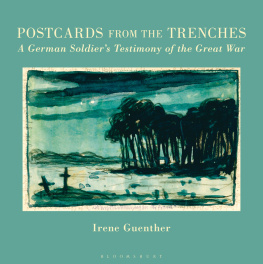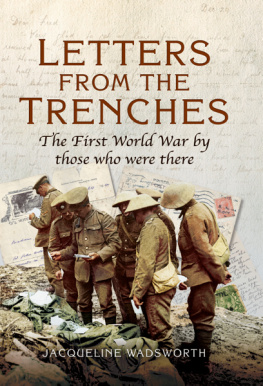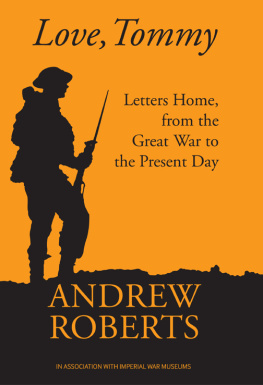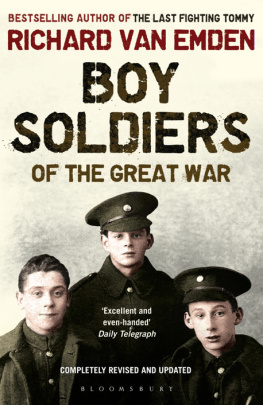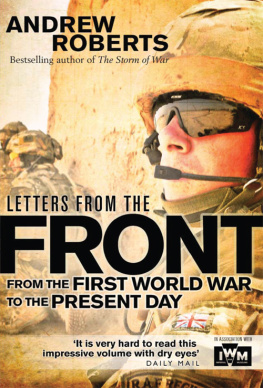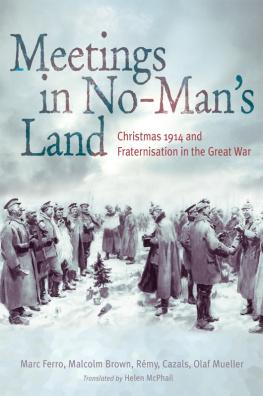First published in Great Britain in 2015 by
PEN & SWORD MILITARY
an imprint of
Pen and Sword Books Ltd
47 Church Street
Barnsley
South Yorkshire S70 2AS
Copyright John Hartley, 2015
ISBN: 978 1 47382 745 5
EPUB ISBN: 978 1 47385 480 2
PRC ISBN: 978 1 47385 485 7
The right of John Hartley to be identified as the author of
this work has been asserted by him in accordance with the Copyright,
Designs and Patents Act 1988.
A CIP record for this book is available from the British Library
All rights reserved. No part of this book may be reproduced or transmitted
in any form or by any means, electronic or mechanical including
photocopying, recording or by any information storage and retrieval
system, without permission from the Publisher in writing.
Printed and bound in England
by CPI Group (UK) Ltd, Croydon, CR0 4YY
Typeset in Times New Roman by Chic Graphics
Pen & Sword Books Ltd incorporates the imprints of
Pen & Sword Archaeology, Atlas, Aviation, Battleground, Discovery,
Family History, History, Maritime, Military, Naval, Politics, Railways,
Select, Social History, Transport, True Crime, Claymore Press,
Frontline Books, Leo Cooper, Praetorian Press, Remember When,
Seaforth Publishing and Wharncliffe.
For a complete list of Pen and Sword titles please contact
Pen and Sword Books Limited
47 Church Street, Barnsley, South Yorkshire, S70 2AS, England
E-mail:
Website: www.pen-and-sword.co.uk
Contents

Introduction

It was, perhaps, inevitable that I would write this book. In recent years, my interest in both the Great War and food has developed. I confess to having become something of a foody and something of a war anorak. Reading through soldiers memoirs and letters home while I was researching for my two previous books, I realised how often men would refer to food. For some, there was correspondence with loved ones about food parcels telling Mum how nice her cake had been, or asking his wife if she would send some sweets next time. And it became clear just how important these parcels were, not just for filling the belly, but as a vital link with normal life at home. Others would write about the monotony of meals in the trenches the bully beef and biscuits which give the book its title. Other men would record the dangers of going to collect rations under shellfire, although this was usually in later memoirs there was no need to unnecessarily worry relatives in letters. The importance of food in the daily lives of the soldiers cannot be overestimated. It really was the case that the army marches on its stomach although, during the Great War, it was more about spending time in trenches than in marching.
In 1914, Britain had a small professional army of about 250,000 men. Roughly half of them were stationed at home whilst the remainder were scattered on garrison duty throughout the Empire. Provisioning was on a small scale and easily managed. But, within weeks of war being declared, reservists had been called up, the Territorial Force mobilised and thousands upon thousands more men had enlisted into newly formed battalions. Supplying them with food, ammunition, clothing and the other essential equipment necessary to go to war would be a major challenge.
The supply chain was long and complex. Meat might originate in South America and be shipped first to ports in Britain or France, before being transported to the Western Front where it would pass through several hands of soldiers of the Army Service Corps. Eventually it would find its way to a man in a trench, looking out across No Mans Land, wondering if he would be able to eat his stew in peace before the shelling started again.
I am also interested in the home front and how the war affected the daily lives of people. In this, Ive tended to describe life in Stockport where I now live. Then it was an industrial town, surrounded by more rural areas and, in that respect, it was entirely representative of many communities up and down Britain. Everywhere would be affected by rising food prices and food shortages. Everyone would be affected by having loved ones killed, wounded or posted as missing. Throughout the country, the role of women in society would change forever and that would be part of making our country what it is today.
In writing the book, Ive included extracts from many personal accounts and Im grateful to the staff of the Imperial War Museum and the Liddle Collection at the University of Leeds for their help. Im also grateful to the copyright holders who have allowed me to use their ancestors words to tell my story. In a number of cases, efforts have been made to contact the copyright holder but without success. My thanks also to the estate of wartime cartoonists, Bruce Bairnsfather, for allowing me to include several of his works, showing there was a wry, lighter side to war. As always, the members of the Great War Forum have provided information and have answered even the most obscure questions. And it would be remiss of me if I did not thank Nigel Cave at Pen & Sword Books. Without his support, this book would not have seen the light of day.
Please treat the book as a seven course meal which will take you from a starter course of the early days of the war in August 1914, through to dessert where men had their celebrations of Christmas, promotions or just safely coming through another tour of duty in the trenches. And, perhaps on the way, youll cook yourself one of the recipes of the time that end each chapter.
John Hartley
Spring 2014
CHAPTER 1
1914

On 4 August 1914, Britain declared war on Germany. It was the culmination of just over a month of diplomatic manoeuvring, which had seen first one European country mobilise its armed forces, then another, until all of the major powers had become involved. The trigger had been the assassination of the heir to the Austro-Hungarian Empire Archduke Franz Ferdinand and his wife in Sarajevo on 28 June. The murder had been carried out by a group of Bosnian Serb nationalists. At first it seemed as though the conflict might remain a local matter between Austria and Serbia but, when the former mobilised, Russia declared it would also mobilise to assist Serbia. Over the next couple of days, Germany and France also brought their armies to readiness. On 2 August, Germany invaded France and announced its intention to march through neutral Belgium to attack France on that front. The next day, Belgium appealed to Britain for assistance. Britain and France had been guarantors of its neutrality since the 1839 Treaty of London. Britains involvement in the conflict had become inevitable.
In comparison with the other major powers, Britains professional army was small, numbering only some 250,000 men. There were another 150,000 in the reserves. These were men who had served in the army and had been discharged but were subject to recall in times of crisis. Typically, they would serve for seven years and then be discharged to the Reserve for another five years. Most of these men served, or had served, as infantry, organised into 73 regiments, each usually organised into two battalions of around 1000 men each and most having a close association with the counties of England, where they would undertake much of their recruitment. It was usual that, at any given time, one battalion would be serving overseas on Empire duty, while the other was at home. So, for example, at the outbreak of war, the 2nd Battalion, Cheshire Regiment was stationed at Jubbulpore, India. They had been there since 1911 and it would be several weeks before they could leave, arriving back in Britain on Christmas Eve. They left for France on 16 January. The Regiments 1st Battalion was in Londonderry where there was considerable civil unrest over the possibility that Home Rule might be imposed on Ulster.
Next page
